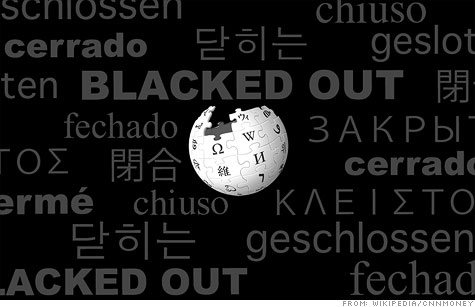Actually first let's talk about digital interaction. A number of companies have made some amazing advancements in this field and all of it is extremely impressive. Xbox One's new Kinect sensor has shown off super accurate body tracking and interaction capabilities. Companies like Nymi are combining body tracking and motion control to give users unparalleled levels of access to the world. Within the next few years (probably even less) we'll be somewhere between Minority Report and Iron Man, manipulating the digital world with our hands and bringing new life to our technology.
Enter Disney. They're magical and possibly more so behind the scenes than in those sweet costumes they wear at the theme park. Until this article, I hadn't heard about Disney Imagineers in a long time. These are behind the scenes techies who work to make the Disney experience something wondrous, imaginative, and unforgettable. These sneaky geniuses have been making some interesting adaptations to the Digital control world, adding in tactile responsiveness to the digital objects users interact with.
It's actually really cool. They've adapted little cannons that poof out little vortexes with different levels of density. The changes in the blasts of air simulate different sensations that go along with whatever it is that's going on around you. Wired compares it to the old Honey I Shrunk the Kid theater that used to be (?) at MGM. As you watched what happened on screen, mechanics in the seats would let you experience the same thing. I have a very vivid experience of feeling rats scurrying around my legs and not liking it one bit.
 But think about what you could do from an experiential stand point. Imagine walking through a tunnel where you're watching the environment flourish under the influence of Disney magic, and as you meander in awe through a field of light, you can feel the flecks, warm and light as a feather brush off your hand as you brush them away. Fantastic creatures run by you at amazing speeds and you feel them jostle you or bump you to the side. A few other companies are experimenting with tactile feedback on touchscreens and and other devices but I feel like Disney could really make this technology shine and I hope it does.
But think about what you could do from an experiential stand point. Imagine walking through a tunnel where you're watching the environment flourish under the influence of Disney magic, and as you meander in awe through a field of light, you can feel the flecks, warm and light as a feather brush off your hand as you brush them away. Fantastic creatures run by you at amazing speeds and you feel them jostle you or bump you to the side. A few other companies are experimenting with tactile feedback on touchscreens and and other devices but I feel like Disney could really make this technology shine and I hope it does.On my part, as a marketer, this is the kind of thing that would go over great at a convention booth or other large scale event. I'm not sure you'd want to use something like this to slog through all the loveliness that is the human body (remember I work in pharma) but it would be a great way to add a new layer of depth to the experience of the product. It's obviously going to take some time before this kind of sensation gets out into the mainstream, where we can use it everyday, but I'd love to hear your thoughts on how sensation, even beyond touch, can enhance different types of experiences.
Read more at Wired and get at the comments section below!



